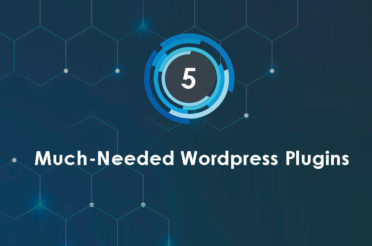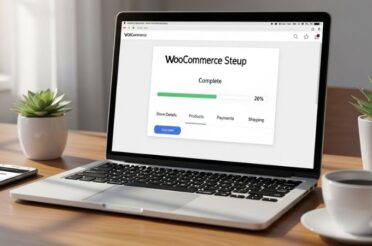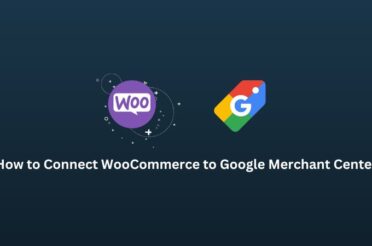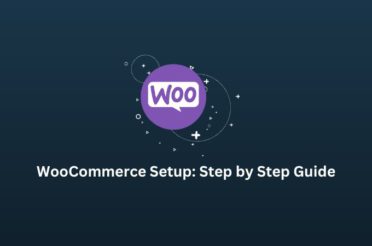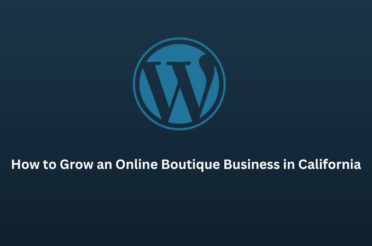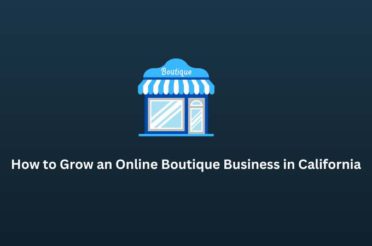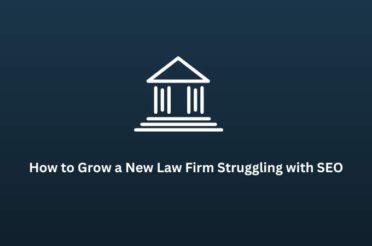The world of websites can seem complex, but it doesn’t have to be. There are different websites, like online stores (e-commerce), where you can buy products directly, or informative brochure websites that showcase a business’s services.
Think about it this way: over 80% of people research businesses online before purchasing, often through review sites that link directly to a business’s website. This means even if you don’t plan to sell online, having a website allows curious customers to find you easily.
What is a Website, Exactly?
A website is essentially a digital storefront or information hub accessible 24/7 from anywhere with an internet connection. It’s like a virtual business card that can display information about your company and your services and even capture leads from interested customers. Imagine a simple website for a local bakery. It could showcase its delicious pastries, list opening hours, and include a contact form for inquiries about custom cakes.
Why Does My Business Need a Website?
Think of your website as a powerful tool to spark online interest and potentially turn it into real-world customers. A well-designed website with clear information and targeted content can significantly boost your online presence. Here’s how:
- Search Engine Optimization (SEO): A website allows you to optimize your online presence through SEO. This means using relevant keywords so that your website pops up in search results when people search for businesses like yours.
- Social Media Integration: Your website can be a hub for your social media presence. Include links to your social media pages to connect with customers on different platforms and build a robust online community.
- Improved Customer Experience: Websites offer features that enhance customer experience. You can include contact forms for straightforward inquiries, online appointment booking systems, or even live chat functionalities for real-time customer support.
Does Every Business Absolutely Need a Website?
That’s a fair question. Not every business needs a complex website with all the bells and whistles. Maybe you run a small, local business with a loyal customer base who already know you well. In that case, a simple one-page website that showcases your contact information, opening hours, and what makes your business unique might be enough.
There are also alternatives to having an entire website. Many online directories allow businesses to create free listings to help with online visibility.
The Takeaway: Websites as a Boost, Not a Hurdle
The internet has changed how consumers discover and research businesses. Like print ads were essential in the newspaper era, a website is crucial for businesses today. It’s an opportunity to reach a wider audience without a massive budget. By focusing on creating a website tailored to your specific audience and highlighting your key offerings, you can connect with a vast pool of curious and potential customers, creating a win-win situation for all.
Want to Learn More?
There are many resources available to help you get started with building a website. Here are a few suggestions:
- Websites like https://www.shopify.com/ or https://wordpress.org/ offer user-friendly website-building tools.
- Look for articles on “essential features for a small business website” to get a good starting point.
- Consider your target audience and what information would be most valuable when designing your website.
By taking these steps, you can leverage the power of the internet to connect with more customers and take your business to the next level.


